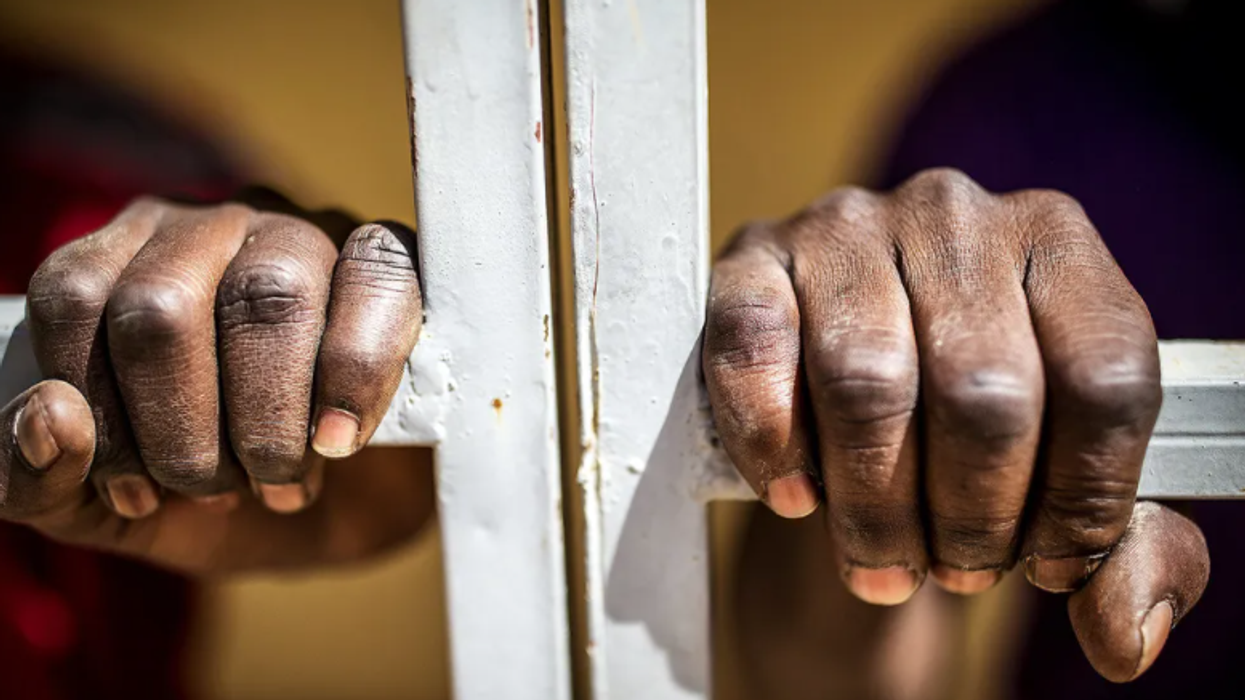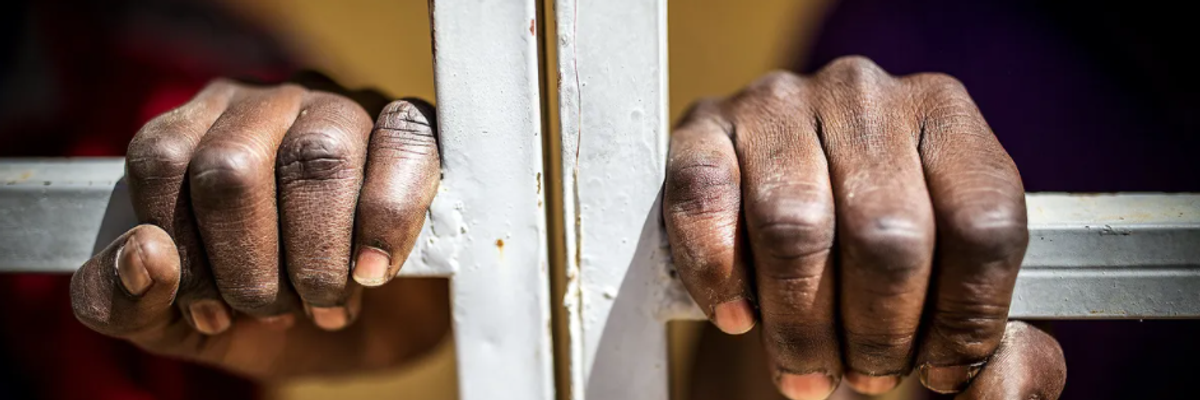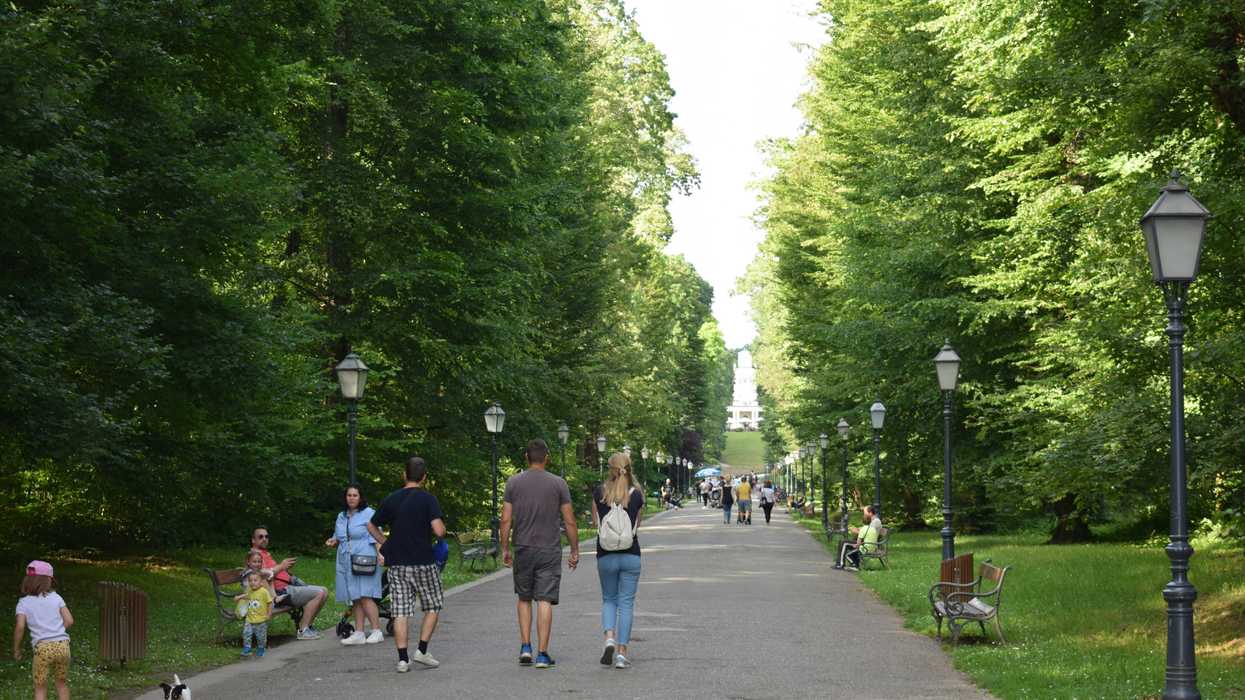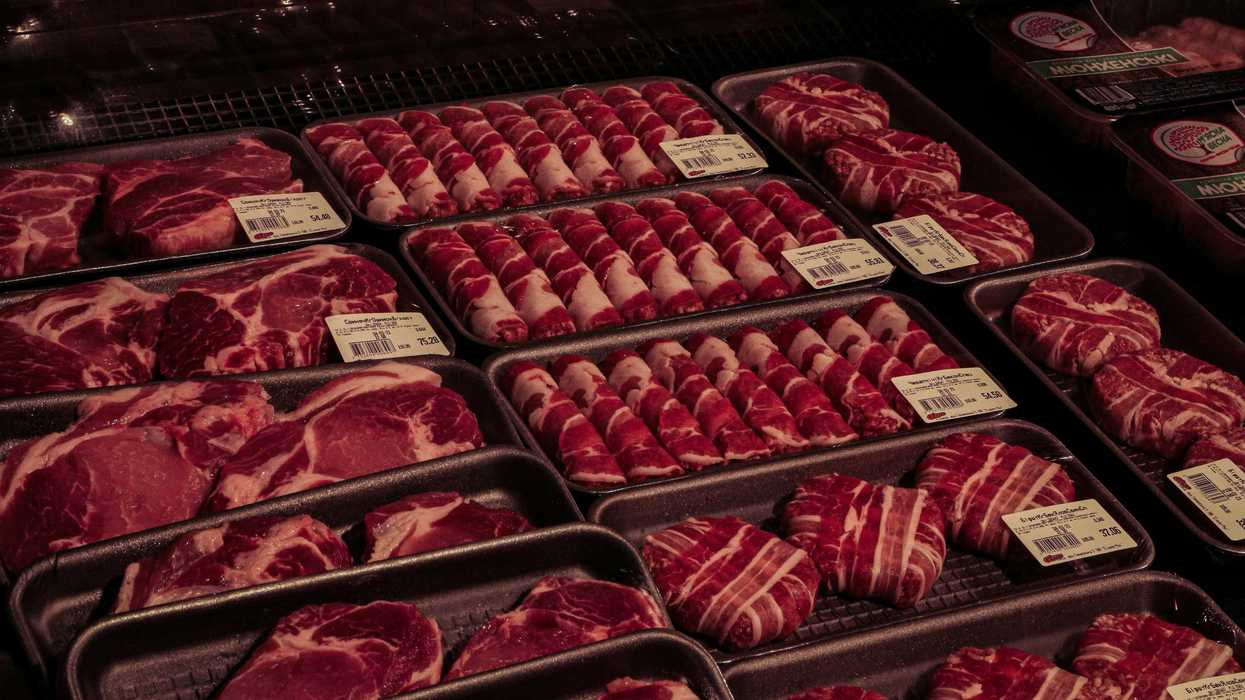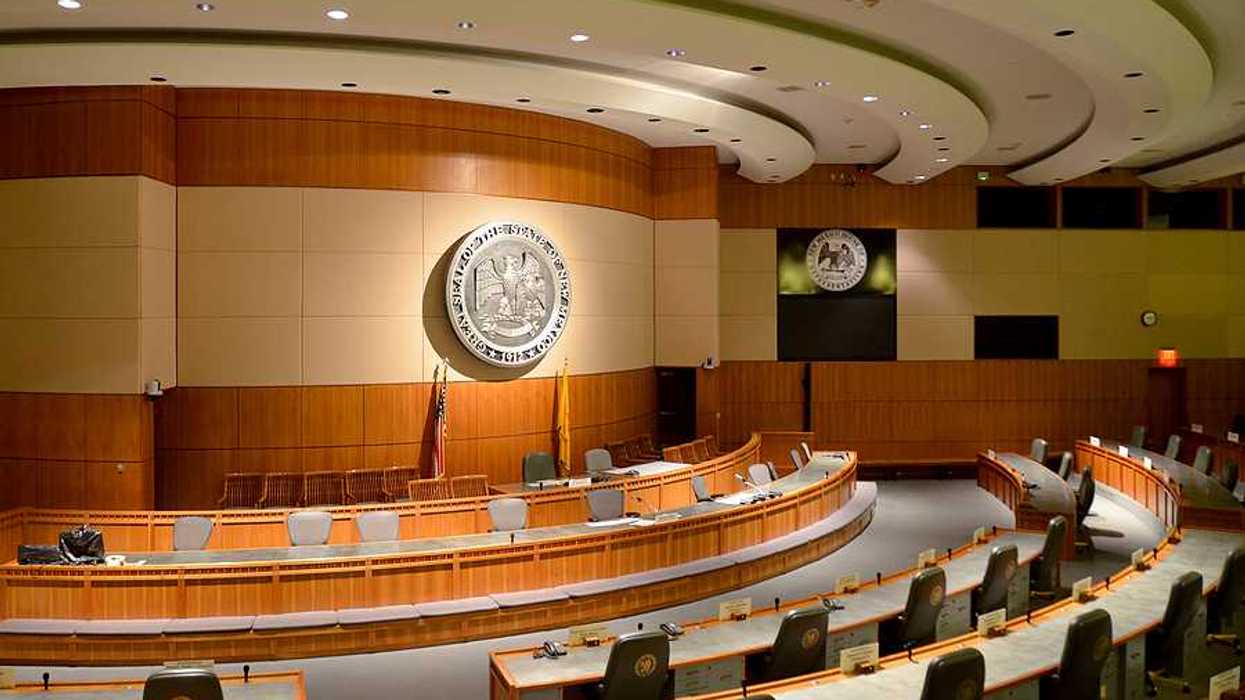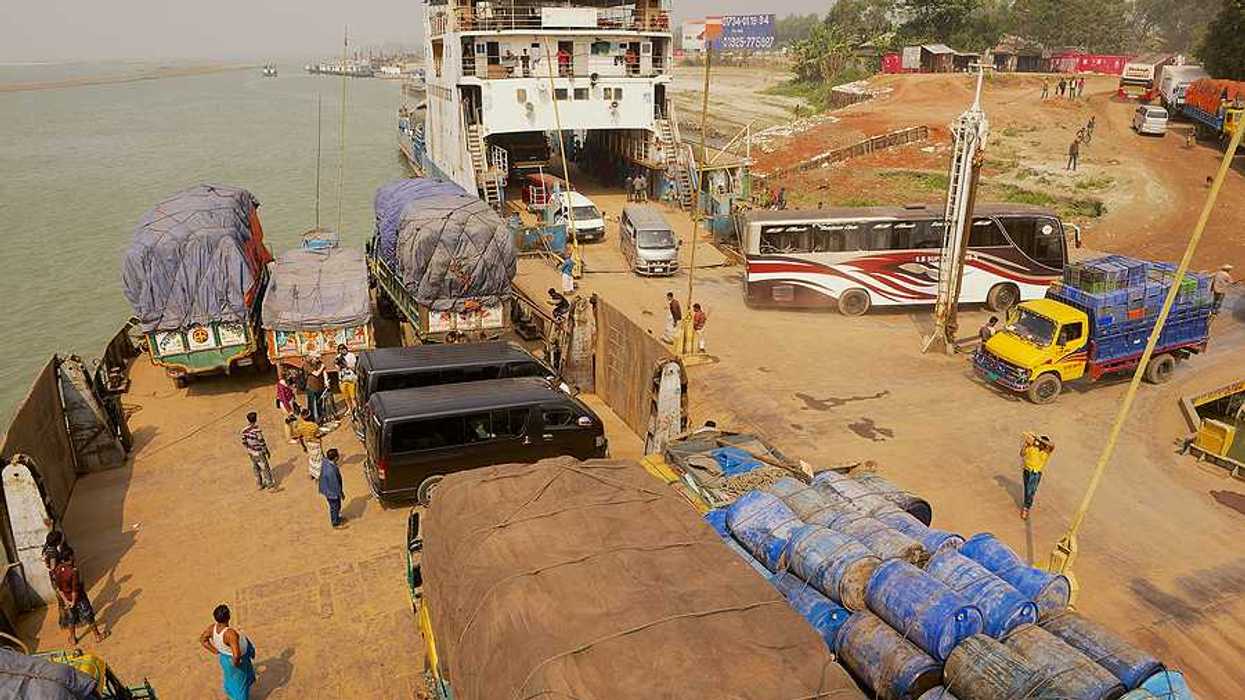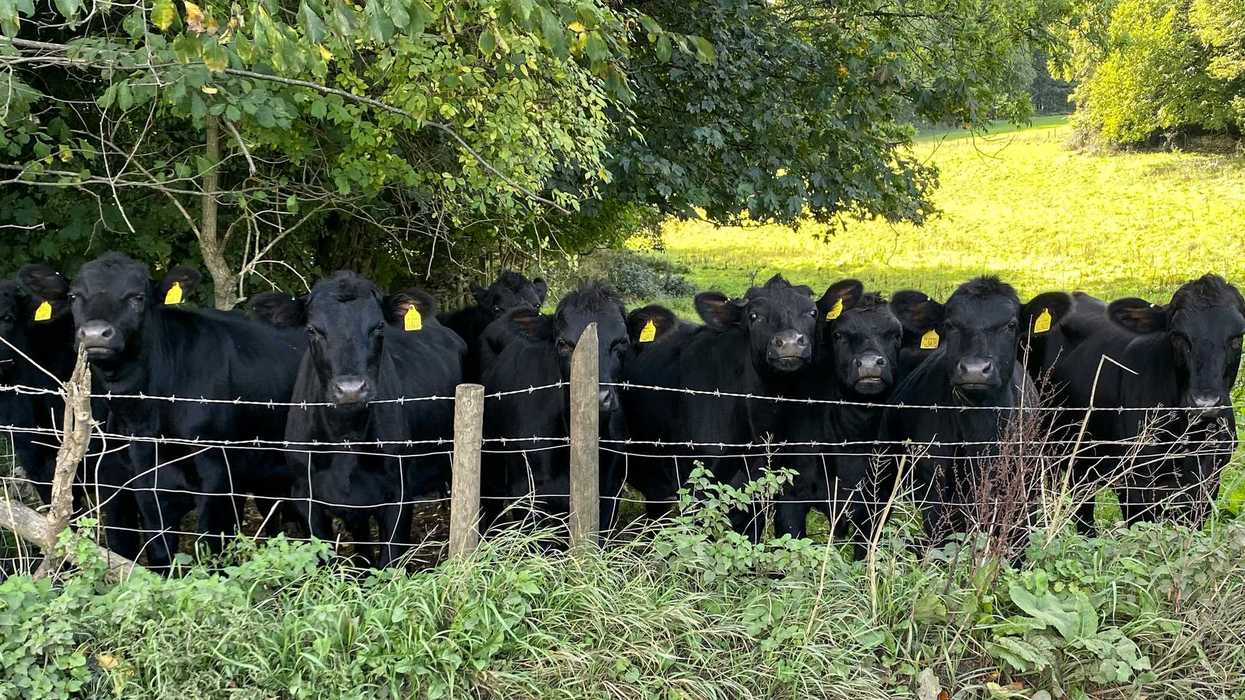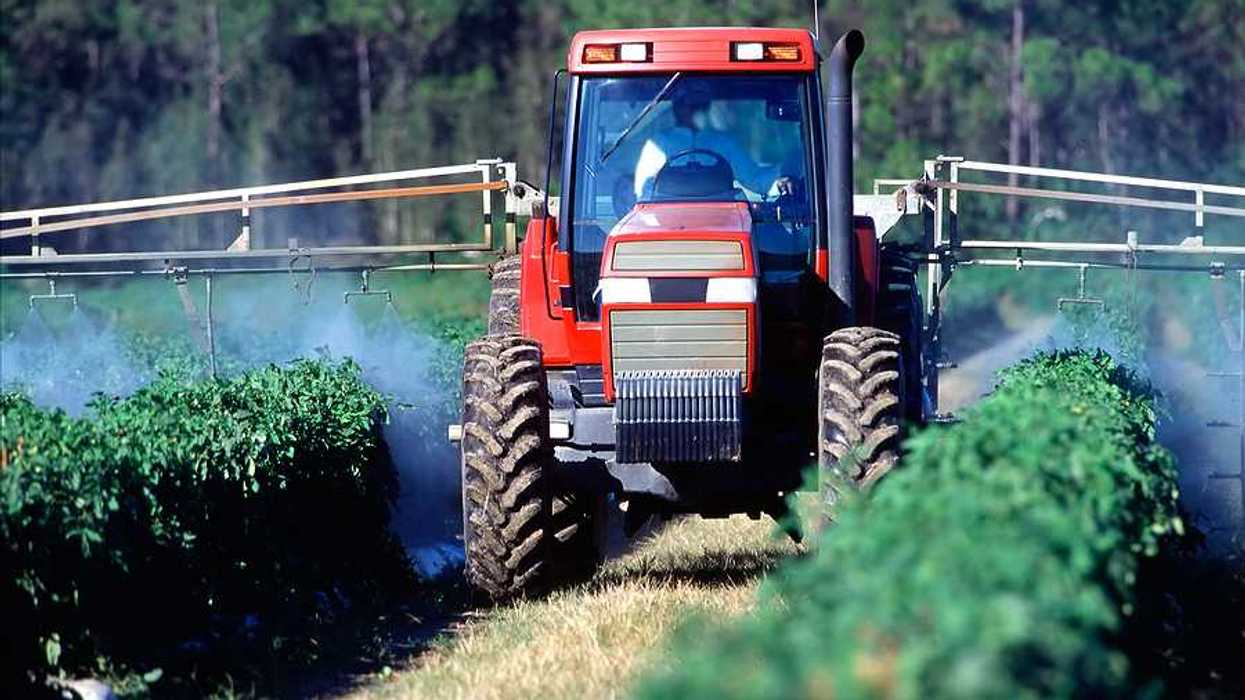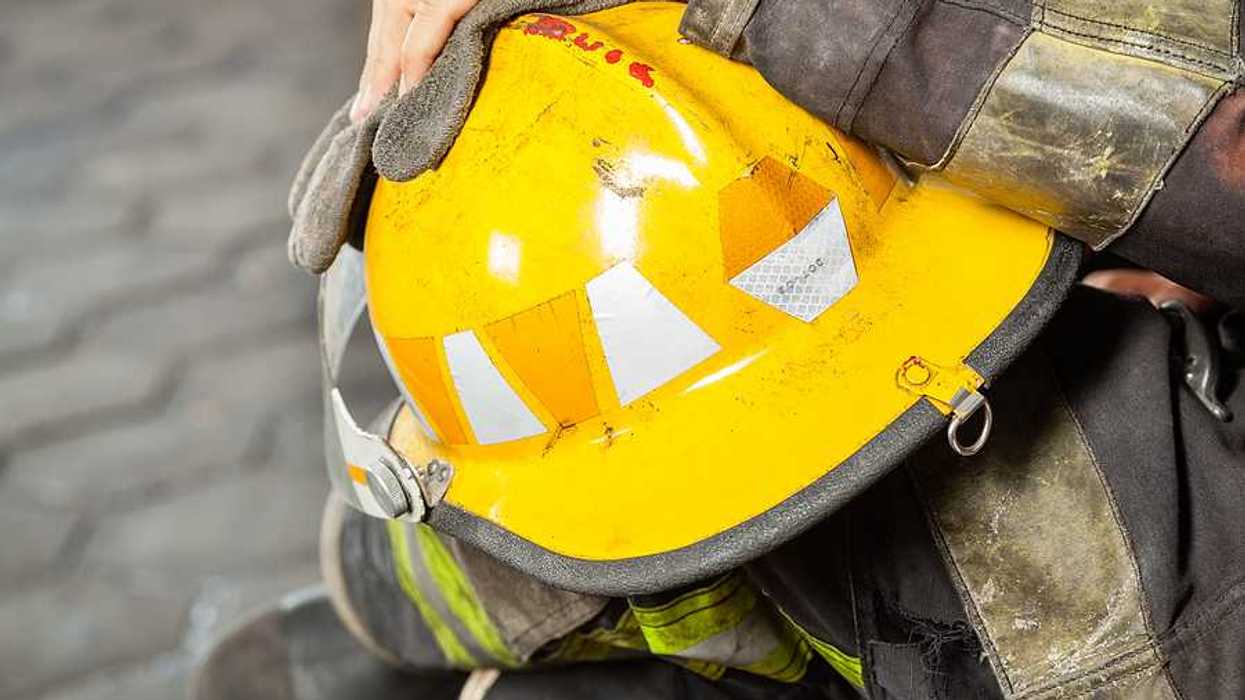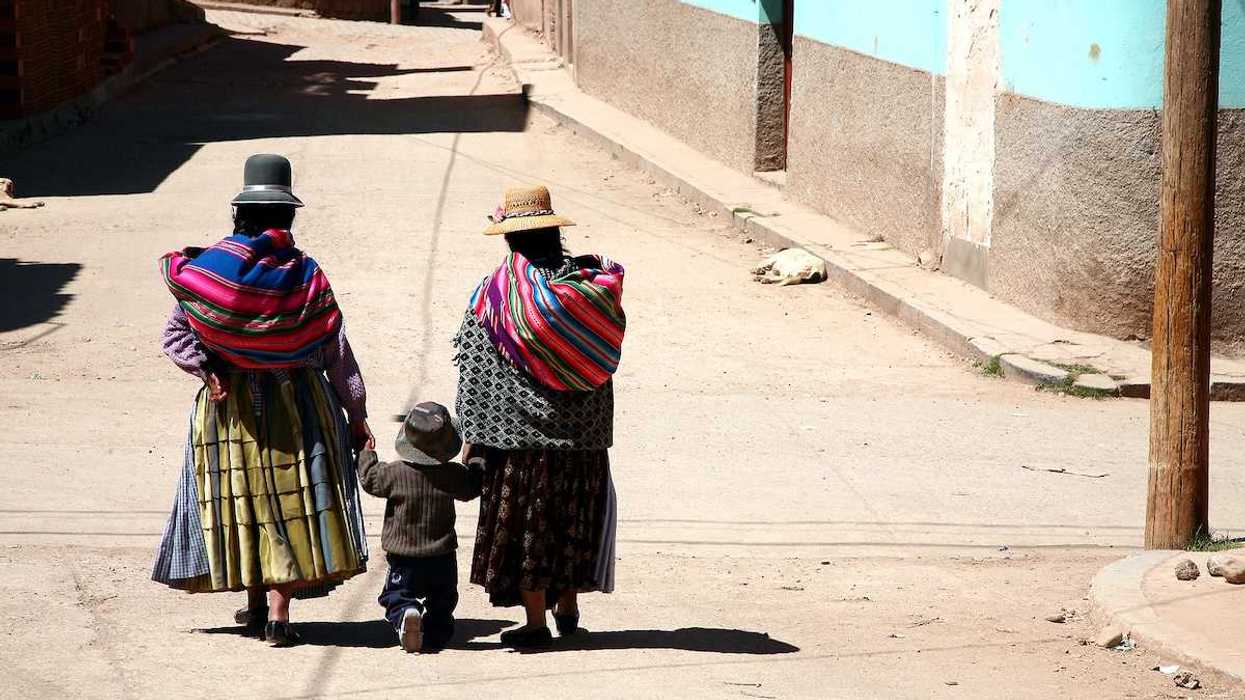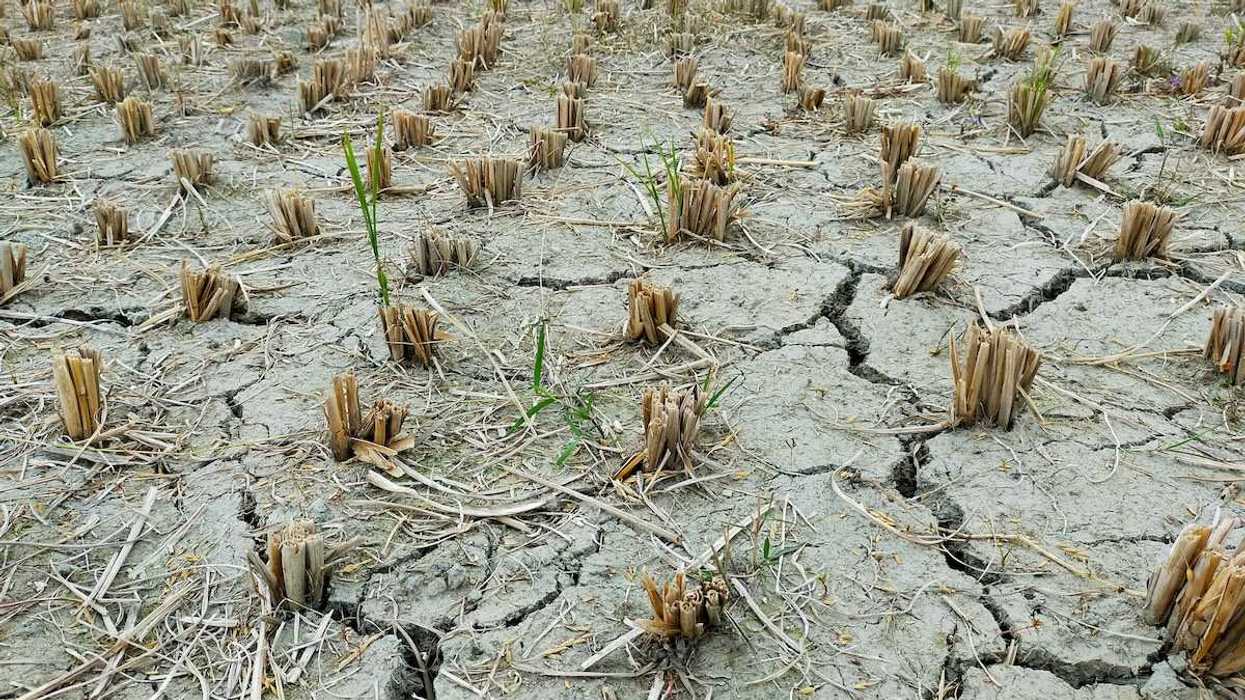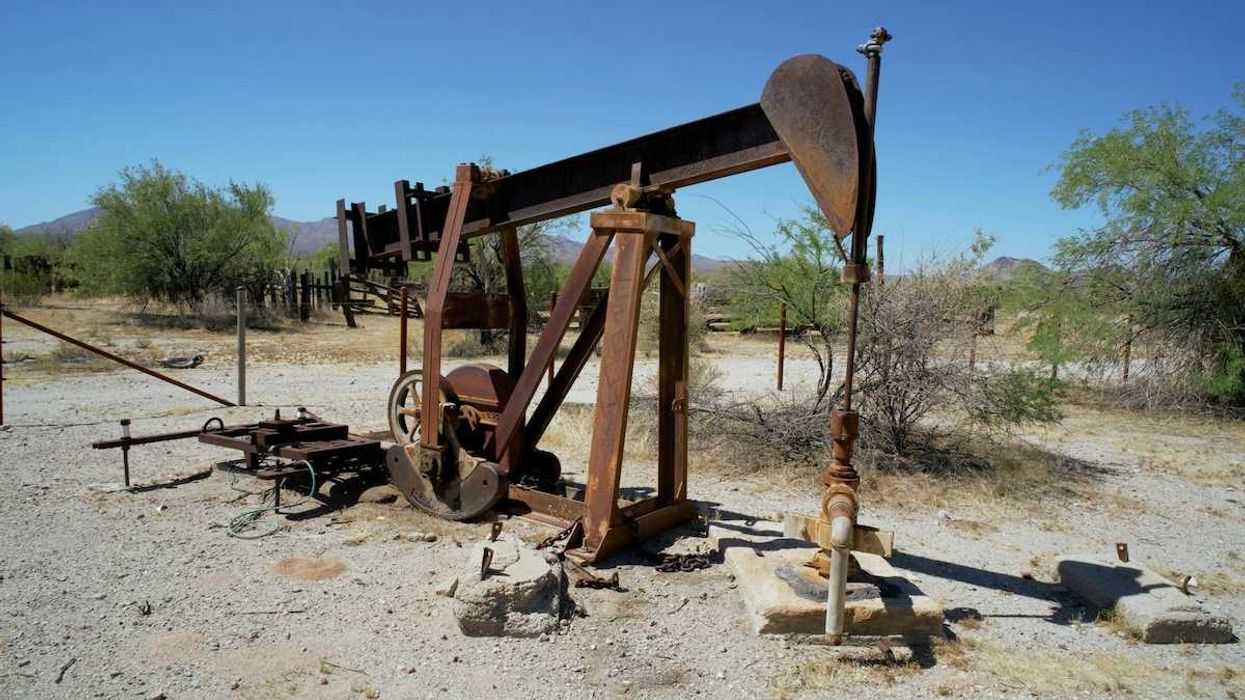Editor's note: Environmental insults and police violence aimed at communities of color are interconnected issues. As the nation grieves over the killing of George Floyd, this week we are revisiting stories from our newsroom over the past couple years that examine environmental racism in Black communities.
In December, David Pellow, a professor of Environmental Studies at UC Santa Barbara, wrote a thought-provoking essay examining the link between environmental racism and criminalization.
"The connections among criminalization, climate injustice, and environmental injustice collide violently at State Correctional Institution Fayette in Labelle, Pennsylvania (a majority Black and Brown town), where prisoners (who are overwhelmingly working class and people of color) are forced to endure life next to a coal ash dump containing an estimated 40 million tons of coal waste and two coal slurry ponds," he wrote, going on to show how this double insult affects communities of color nationwide.
Pellow poignantly asks, "since environmental injustice is frequently a process and product of state-sanctioned institutional violence against communities of color, then what are the implications of reframing it as a practice of treating those populations as inherently criminal and deserving of punishment?"
See the entire essay below.
The disturbing link between environmental racism and criminalization

(Credit: Fibonacci Blue/flickr)
Banner photo: (Credit: Mission de l'ONU au Mali - UN Mission in Mali)

